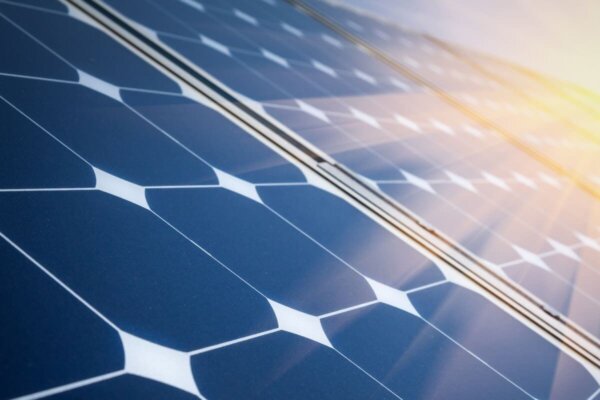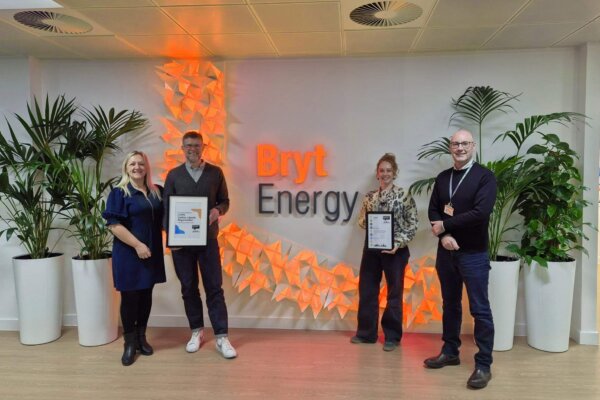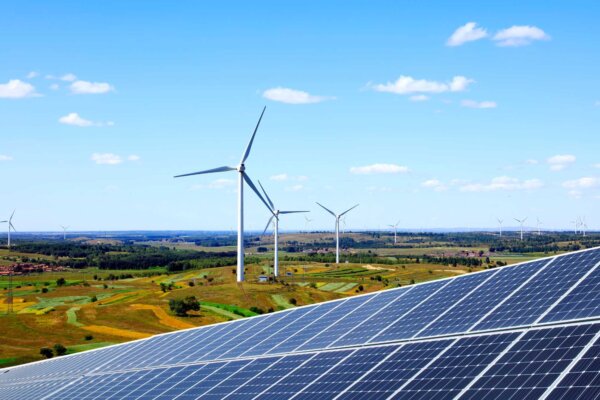Following discussion with sector leaders across the renewable electricity industry, the UK Government has increased the maximum strike prices for offshore wind projects within its Contracts for Difference (CfD) auction scheme to £73 per MWh10.
CfD auctions are one of the Government’s main regulatory mechanisms to support investment in new renewable energy generation; they guarantee a minimum price per unit of electricity generated, providing the financial certainty needed by developers and investors.
The move aims to address concerns raised after the last CfD auction failed to attract any offshore wind bids, attributed mainly to rising supply chain costs. Following this, DESNZ conducted a review resulting in this increase for strike prices. Floating offshore wind projects will also see a rise to £176 per MWh, while the strike price for solar power has increased to £47/MWh, making solar the cheapest power source in the UK11.
Under new Government proposals, developers could also be incentivised to provide wider socio-economic benefits beyond low-cost renewable energy generation, marking a shift toward ‘non-price factors’ in CfD considerations. These will be effective from 2025, and encompass investments in local job creation, supply chain development, and sustainable manufacturing processes.
Industry experts have cautiously welcomed the changes, acknowledging their potential to restore investor confidence in the UK’s offshore wind market12.
To learn more, you can read the UK Government’s official press release here, or to respond to proposals on introducing non-price factors to the CfD scheme, click here.


